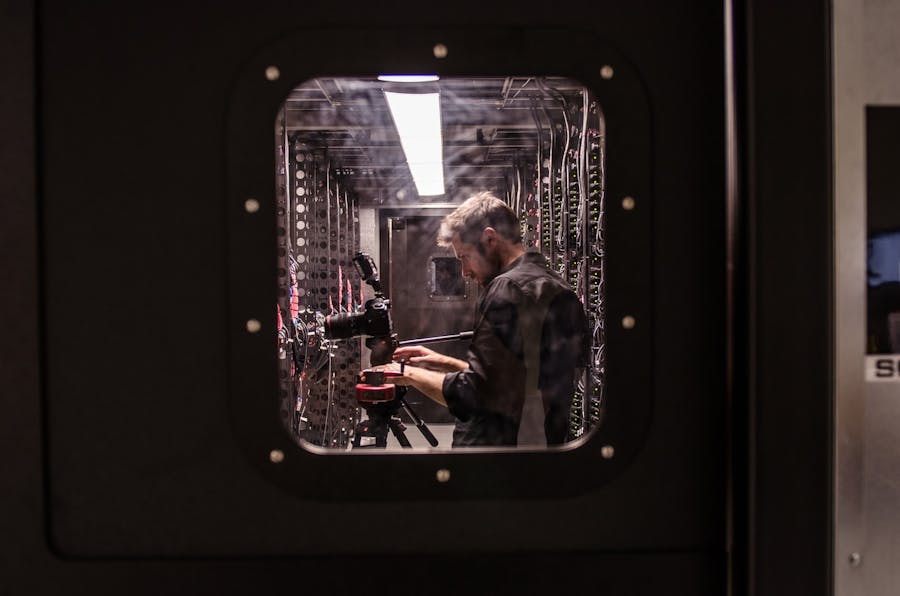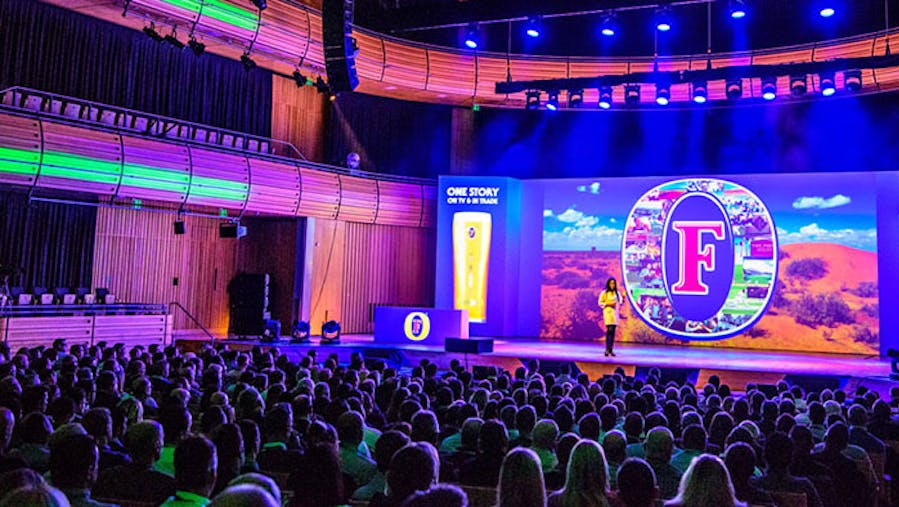Though this will come as a surprise to no one, Covid-19 has had a negative impact on the event industry. In France, from March to October, the industry's accumulated losses were estimated to be more than 15 billion euros, so what can you do when you're an event start-up and events get canceled overnight and the events that do happen lack visibility?
Start-up culture is the best ally to weather the storm
The ability to transform a difficult situation into a business opportunity is a big part of start-up culture.
When Digitevent first entered the market, it was necessary to find and adapt its business model, constantly evolve, design new offers, deliver functionalities in record time, and find new partners.
The youth and mindset of not only our team, but the global startup ecosystem in general, is also key success factor. The flexibility of employees whenever they run into problems and their mastery of digital technology are assets in the event of sudden configuration changes (teleworking, new organizational processes, etc.).
React quickly while taking the time to think about it
Lucien Derhy, the co-founder of Digitevent, looks back on the last few months...
"As early as the end of February, we anticipated cancellations and organized ourselves to limit the impact of a crisis whose duration we were not quite able to identify. So we froze recruitment (excluding developers), organized working from home, reassured the teams, adjusted working rhythms, and took the decision to accelerate technological investments by looking to the future.
"We then took the time to organize a two-week strategic sprint to gather the opinions and needs of all stakeholders: employees, customers, partners... This allowed us to identify, without any preconceived ideas, the new issues that Covid-19 has raised. In a way, it forced us to take a step back that the daily rush did not allow us to".
The new strategic axes
The challenge was to respond to the new issues of a market in the hunt of new references and to help the organizers in the operational implementation of innovative solutions: "We had to propose beginning-to-end alternatives for all types of events: seminars, virtual conferences, professional meetings with B2B video meetings...".
The event ecosystem has been structured around these issues since the spring of 2020.
In order to avoid cancellations and limit re-scheduling, we re-organized our roadmap in record time, deployed new technological solutions, trained our teams, and communicated about new offerings to raise our profile in a market that has yet to develop.
In addition to this internal training, a great deal of work has been done to guide, explain, and support customers, who are sometimes at a loss when faced with the challenges of these new issues.
We have also reviewed all our resources (website, sales presentations, customer cases, articles, white papers on virtual events, etc.) in order to reassure them about our expertise in managing virtual and hybrid events from beginning to end.
New and unlikely alliances have also emerged in the industry because of the challenge of communicating solutions. For example, start-ups offering streaming technologies began working with stage managers and capture specialists. What was previously the exception has now become the rule, creating new synergies that are bound to be promising for years to come.
A review of the future event industry
The event planning industry in 2020 is a bit like the conquest of the West!
In a nutshell, Covid has finally been a filter for start-ups. Those in difficulty or suffering from a lack of vision have been severely caught up by the reality of the market. While for the others, COVID served as an innovative gas pedal. This consolidation of the market (or "skimming") has left no respite for any player.
Is there a bright side to all of this? We can hope that the competitive environment of the next few years will be more complete, credible, and robust.
In the majority of cases, the virtual event will remain a valuable but imperfect substitute. As proof, 93% of French people say they "lack events" since the end of the lockdown. The concept of zoom-fatigue has been born in the meantime...
The majority of the organizers also confide that face-to-face remains their preferred format for the post-Covid period. Most of them hope for a resumption of the event at the beginning of 2021 with the return of the good weather and the beginning of the vaccination.




